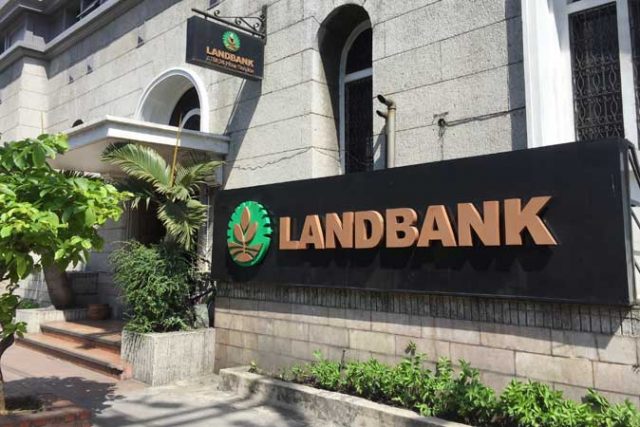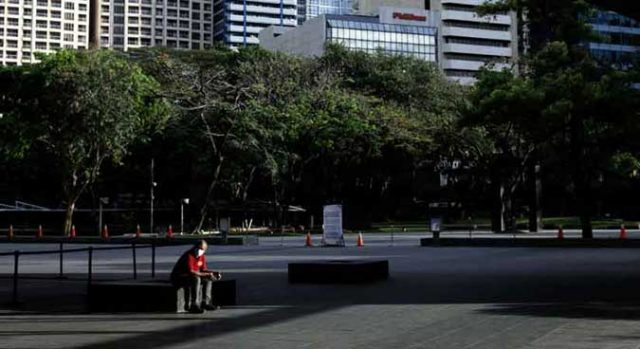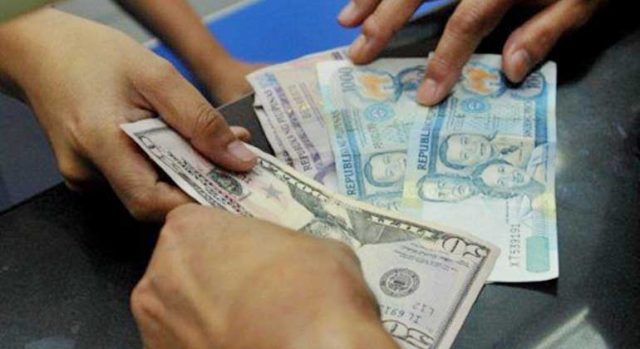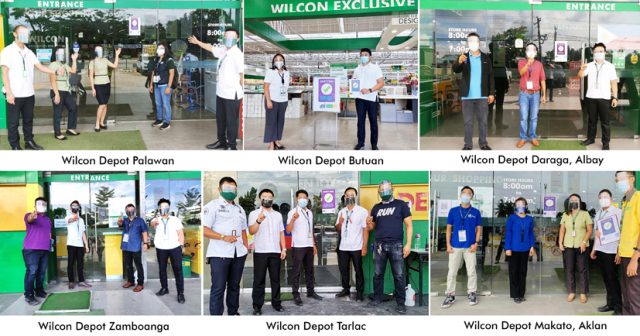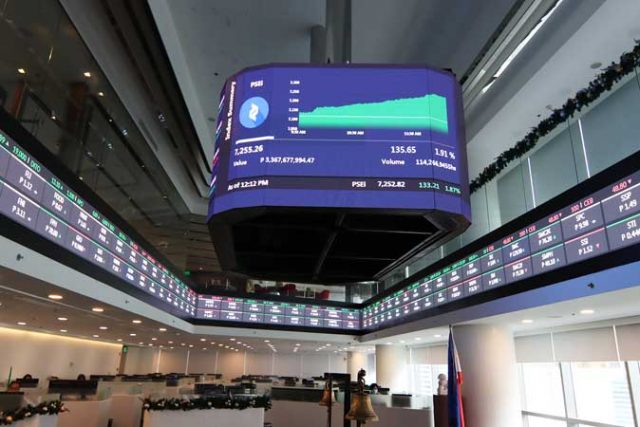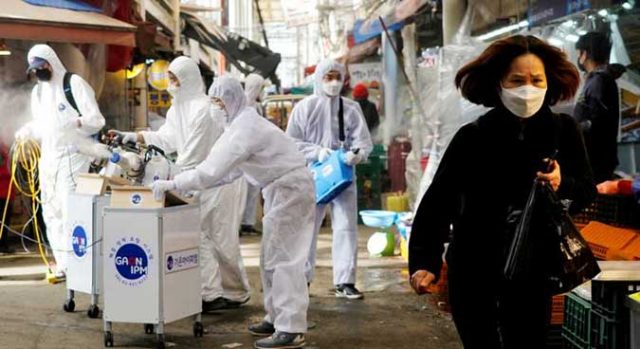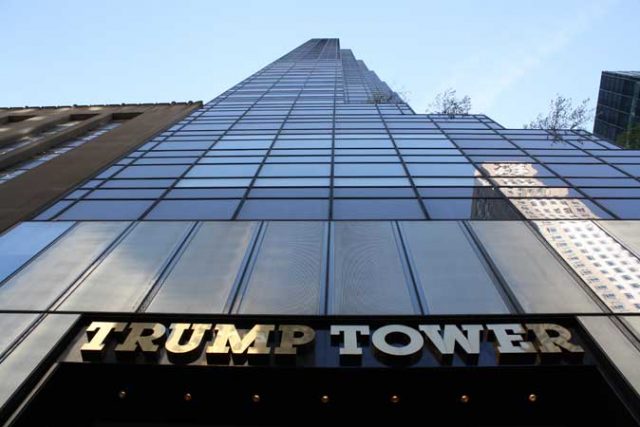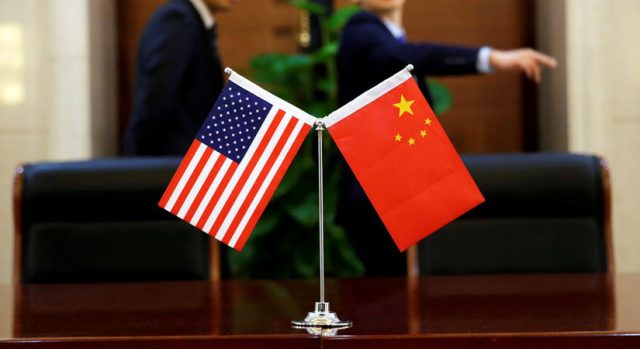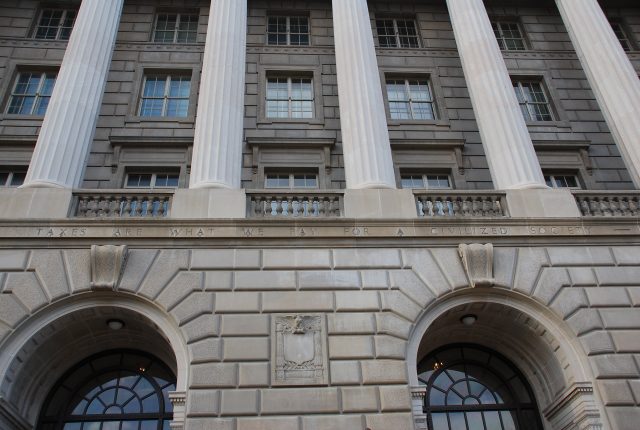The sweeping tax-fraud indictment unsealed on Thursday against Donald J. Trump’s longtime accountant Allen Weisselberg threatens the 73-year-old executive with years in prison and puts heavy pressure on him to implicate the former US president.
Prosecutors allege that Mr. Weisselberg, the Trump Organization’s chief financial officer, evaded more than $900,000 in taxes by taking part of his annual pay in benefits including apartments, luxury cars, and a cash bonus at the holidays, described in financial records as “holiday entertainment.”
Judges are often reluctant to sentence elderly defendants with no prior record to prison time, said Ethan Greenberg, a retired New York judge who is now a defense lawyer. But the indictment — detailing a deliberate scheme to avoid taxes on $1.7 million in income over 16 years — “convinces me, and should convince Weisselberg, that a substantial prison sentence is possible,” Mr. Greenberg said.
And that’s the point: convincing Mr. Weisselberg. The case, filed by Manhattan District Attorney Cyrus Vance, will provide an acid test of Mr. Weisselberg’s loyalty to the family he has served for nearly five decades. Prosecutors moved to charge the accountant after months of failed attempts to secure his cooperation in the wide-ranging probe into possible financial fraud at the Trump Organization. Now they’ll see whether the prospect of felony charges and prison changes his mind.
Mr. Weisselberg pleaded not guilty during an appearance in a Manhattan courtroom on Thursday. In a brief statement, his lawyers said he would fight the charges in court.
Mr. Trump was not indicted on Thursday but prosecutors levied fraud charges against the Trump Organization, which experts say could create some headaches for Mr. Trump in dealing with banks. The indictment implicates others who were not charged, including Mr. Weisselberg’s son Barry, who worked for the Trump Organization, and an unnamed “Co-Conspirator Number 1.”
Mr. Trump released a statement calling the case a continuation of “the political Witch Hunt by the Radical Left Democrats, with New York now taking over the assignment.”
Mr. Vance’s office said the investigation will continue, as did the office of New York Attorney General Letitia James, which is also probing Trump’s business.
Mr. Weisselberg has been a key figure in Mr. Trump’s empire for decades. He started working for Trump’s father, Fred, at the company’s office in Brooklyn before joining the son as Donald Trump broke into Manhattan real estate. Mr. Weisselberg served alongside Mr. Trump’s children on the board of the now-dissolved Trump family foundation and on the trust that ran his business when he became president.
Although it’s unusual for prosecutors to bring criminal charges based on untaxed benefits, former prosecutors and other criminal law experts say the allegations are more serious than most. The indictment describes a long-running scheme by Mr. Weisselberg and the company to avoid taxes, by taking part of his $940,000 annual salary in apartments, cars and other off-the-books benefits. The untaxed compensation totaled $1.76 million, according to the indictment.
Prosecutors allege that the Trump Organization kept internal records that made clear that all of those benefits were part of Mr. Weisselberg’s annual compensation — in essence, a separate set of records contradicting Mr. Weisselberg’s tax returns.
The most serious of the charges against Mr. Weisselberg, second degree grand larceny, carries a sentence of up to 15 years. Criminal law experts said its unlikely Mr. Weisselberg would get a sentence that long. Daniel Alonso, Mr. Vance’s former deputy, said that a charge involving $900,000 tax fraud would more commonly lead to a sentence of one to three years, but possibly more.
State law allows for probation in such cases, Mr. Alonso said, “but I don’t see a judge giving him probation.”
Mr. Weisselberg faces 14 other charges, including tax fraud and conspiracy. The Trump Organization was charged with 10 counts of crimes including tax fraud and falsifying business records, which could lead to financial penalties.
The indictment alleges that Mr. Weisselberg accepted more than $133,000 in federal and state tax refunds that he was not owed.
“He’s also affirmatively going to the federal treasury and saying, give me money that wasn’t his. That’s called stealing,” said John Moscow, a former prosecutor in the Manhattan District Attorney’s Office.
Dan Horwitz, a white-collar defense lawyer and former Manhattan prosecutor, said the charges ramp up the pressure on Mr. Weisselberg to provide investigators with information on Trump.
“Is that a sufficient hammer for someone to think about cooperation? I would think so,” he said.
The case is based in part on information provided by Jennifer Weisselberg, the ex-wife of Allen’s son, Barry. The son worked for the Trump Organization as a manager of ice-skating rinks and a carousel in Central Park, under contracts with New York City. Jennifer Weisselberg spoke multiple times with prosecutors and provided tax returns and other records that documented apartments, private school tuition and other benefits that were not reported as income.
Any legal threat against Mr. Weisselberg’s son also could be an inducement for the father to cooperate.
Notably, the indictment does not contain any charges related to one key focus of Mr. Vance’s investigation — whether the Trump Organization illegally manipulated values of Trump’s property holdings — inflating them to receive loans, for instance, or lowering them to avoid property taxes.
Mr. Weisselberg’s testimony could be crucial to a case based on those valuations. Mr. Trump was questioned in a civil case in 2007 about how he assigned values to his properties on financial statements. He said he would give his opinion — but left the final decisions on values to Mr. Weisselberg.
Both Mr. Vance’s office and Attorney General obtained records and testimony involving some Trump properties, notably the Seven Springs estate north of New York City. Mr. Trump agreed to forego building luxury homes on part of the property, making him eligible for a $21.1 million charitable deduction. Mr. Vance subpoenaed development records for three towns and from Mr. Trump’s representatives on the deal.
Jessica Roth, a former federal prosecutor and now a professor at the Benjamin N. Cardozo School of Law, said she was struck by the specificity of the charges — and the fact that Mr. Weisselberg was not the only person who received such benefits.
“I think it is reasonable to expect that these will not be the last charges we see in this case,” she said. — Joseph Tanfani and Jan Wolfe/Reuters

